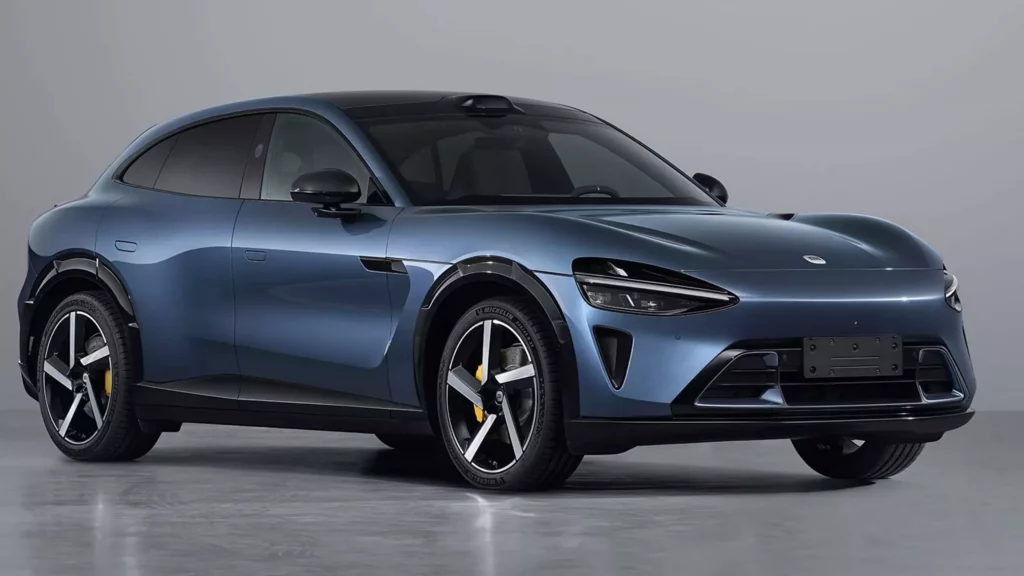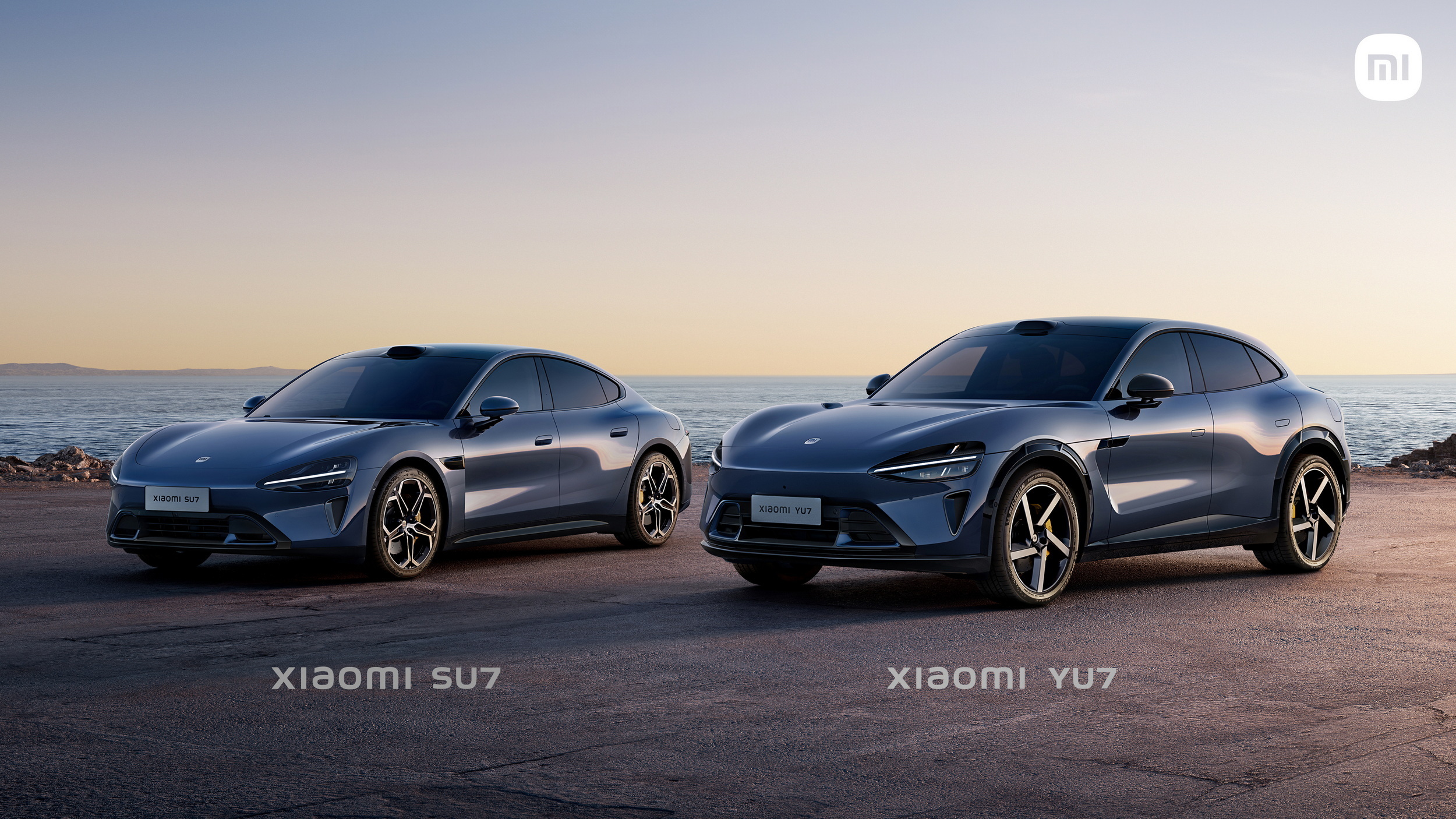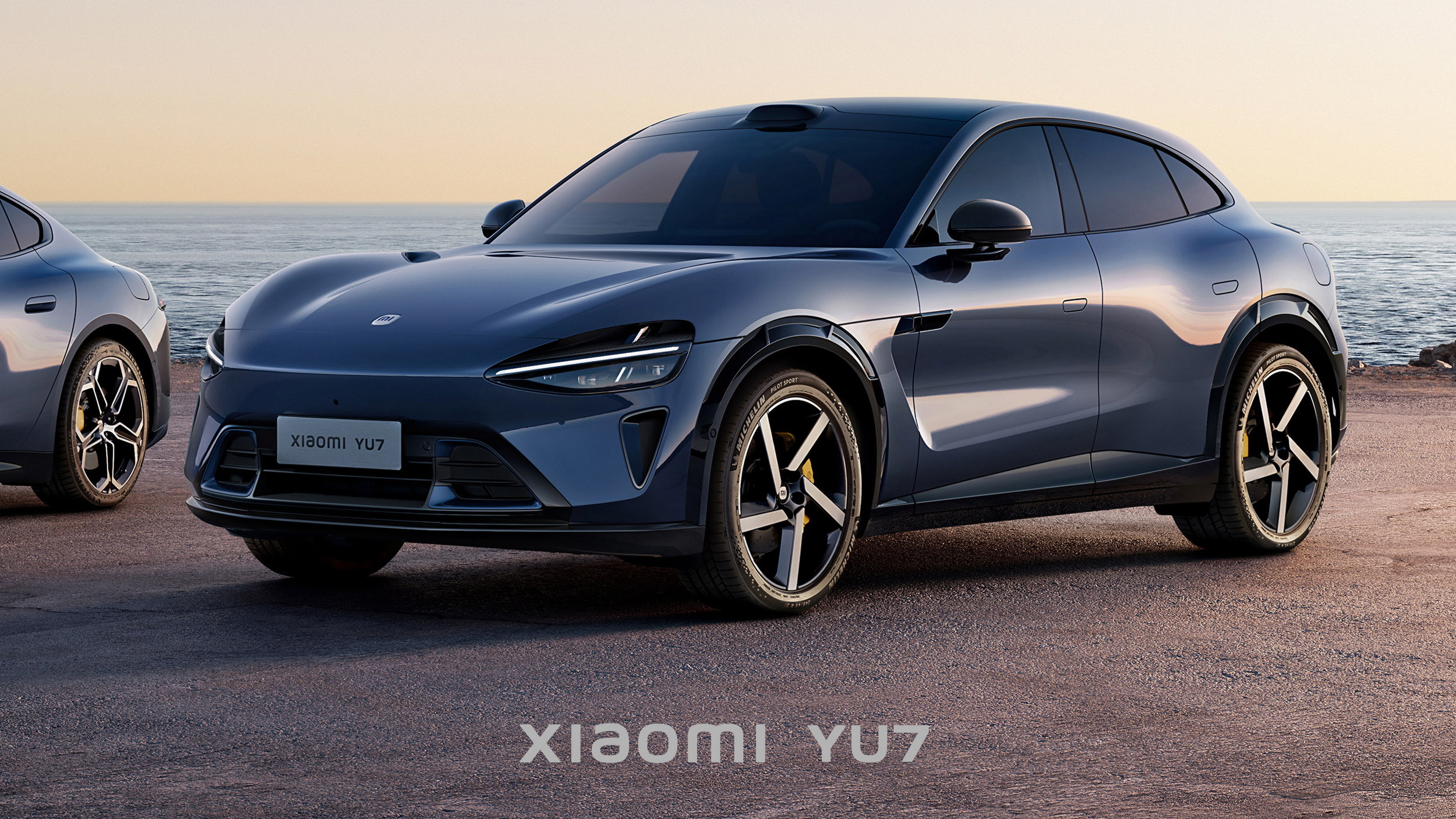- The Xiaomi YU7 is the latest electric SUV from China, designed to challenge Tesla’s Model Y.
- Official photos of the Xiaomi YU7 have surfaced online, along with key specs from MIIT.
- The 681hp crossover looks like a budget-friendly Ferrari Purosangue with a McLaren nose.
The electric vehicle race is heating up, and Xiaomi is wasting no time staking its claim with the YU7 SUV, its second production model after the SU7 sedan. Aiming for a mid-2025 market launch, this tech-savvy SUV borrows heavily from the design language of its sedan sibling, which premiered in late 2023.
Maybe it’s just us, but it sounds like it would have made more sense to swap the names between the sedan and the SUV, Regardless, The similarities between the YU7 and SU7 are hard to miss, especially when it comes to dimensions. However, the YU7 embraces its SUV identity with a slightly taller, more muscular stance that separates it from its sedan counterpart.
More: Xiaomi’s Third Model Is A Full-Size EREV SUV That Could Launch In 2026
Another thing that’s hard to miss is the not-so-subtle hint of Ferrari Purosangue in the YU7’s profile. The pronounced wheel arches, sculpted rear haunches, and sleek greenhouse echo the Italian thoroughbred, but Xiaomi stops short of outright mimicry. Up front, McLaren-inspired 750S-style LED headlights give the SUV a sharp, purposeful look, while the rear boasts full-width LED taillights and a ducktail spoiler that wouldn’t look out of place on an Aston Martin offering.
In terms of size, the Chinese EV measures 4,999 mm (196.8 inches) in length, 1,996 mm (78.6 inches) in width, and 1,600 mm (63 inches) in height, with a 3,000 mm (118.1 inches) wheelbase. These dimensions align closely with the SU7 sedan, save for the SUV’s 145 mm (5.7 inches) height advantage, which gives it a more commanding presence.
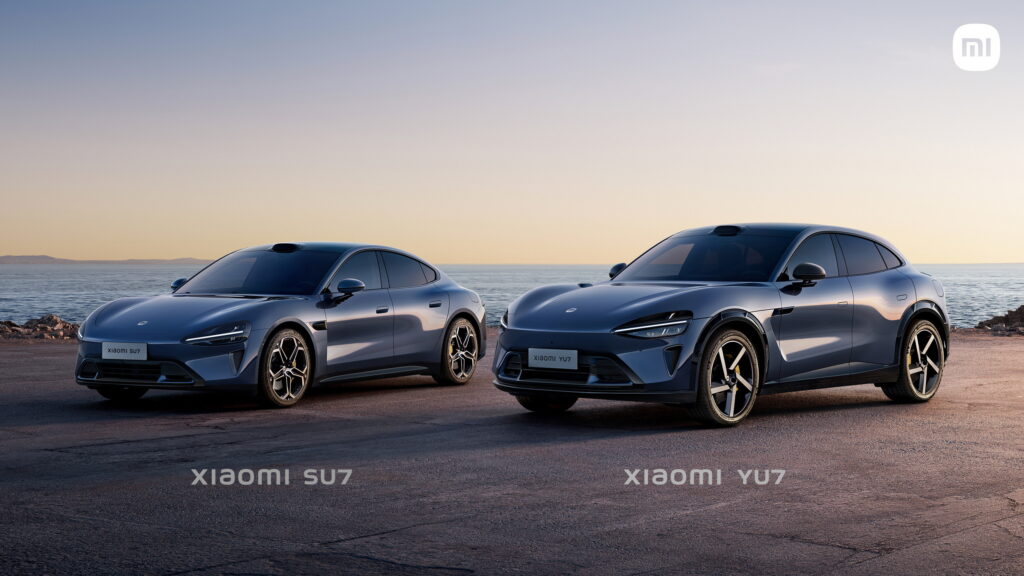
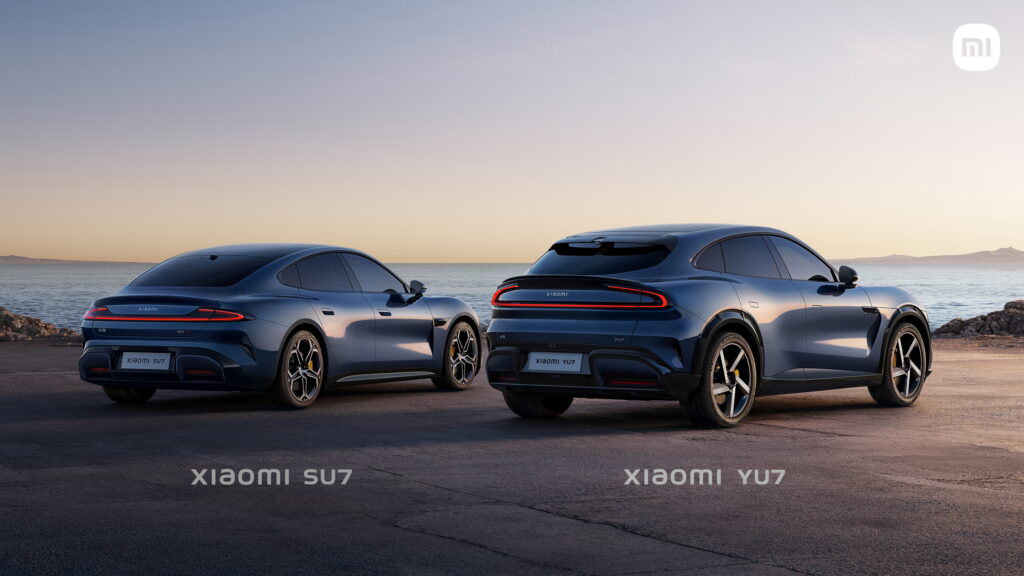
What Lies Inside (and Underneath)
Xiaomi hasn’t revealed the YU7’s interior yet, but we wouldn’t be surprised if the SUV borrowed the sedan’s 16.1-inch infotainment touchscreen, complemented by rear-passenger displays and a tech-forward, minimalist aesthetic. Like the sedan, the roof-mounted LiDAR sensor, meanwhile, signals the inclusion of advanced autonomous driving capabilities, something Xiaomi is eager to market as a cornerstone of its EV lineup.
More: Here’s Everything We Know About The Upcoming Tesla Model Y Juniper
According to data we sourced from China’s Ministry of Industry and Information Technology (MIIT), the YU7 will be powered by a dual-motor setup. The front motor delivers 295 hp (220 kW / 299 PS), while the rear generates 386 hp (288 kW / 392 PS), for a combined output of 681 hp (508 kW / 691 PS). That puts it ahead of the SU7 Max, which maxes out at 664 hp (495 kW / 673 PS).
Range, Pricing, and Market Arrival
The YU7 will feature a CATL-sourced battery pack, though Xiaomi has yet to disclose exact specifications. For context, the SU7 sedan offers battery capacities of 73.6 kWh, 94.3 kWh, and 101 kWh, with a maximum CLTC range of 497 miles (800 km). Given its larger, heavier frame, the YU7 will likely fall slightly short of that figure, but not by much.
As for pricing, Xiaomi is staying tight-lipped, but Chinese media report a starting range of ¥250,000–300,000 (equal to $34,400–$41,300 at current rates), positioning it as a direct competitor to the Tesla Model Y. For comparison, the SU7 sedan starts at ¥215,900 ($29,700), handily undercutting the equivalent Tesla Model 3.
Production will take place at Xiaomi’s Beijing facilities, where the SU7 recently hit the 100,000-unit milestone. With a mid-2025 launch on the horizon, the YU7 will join an increasingly crowded SUV market.




